10 Common Childhood Illnesses In Pakistan & How To Treat Them?
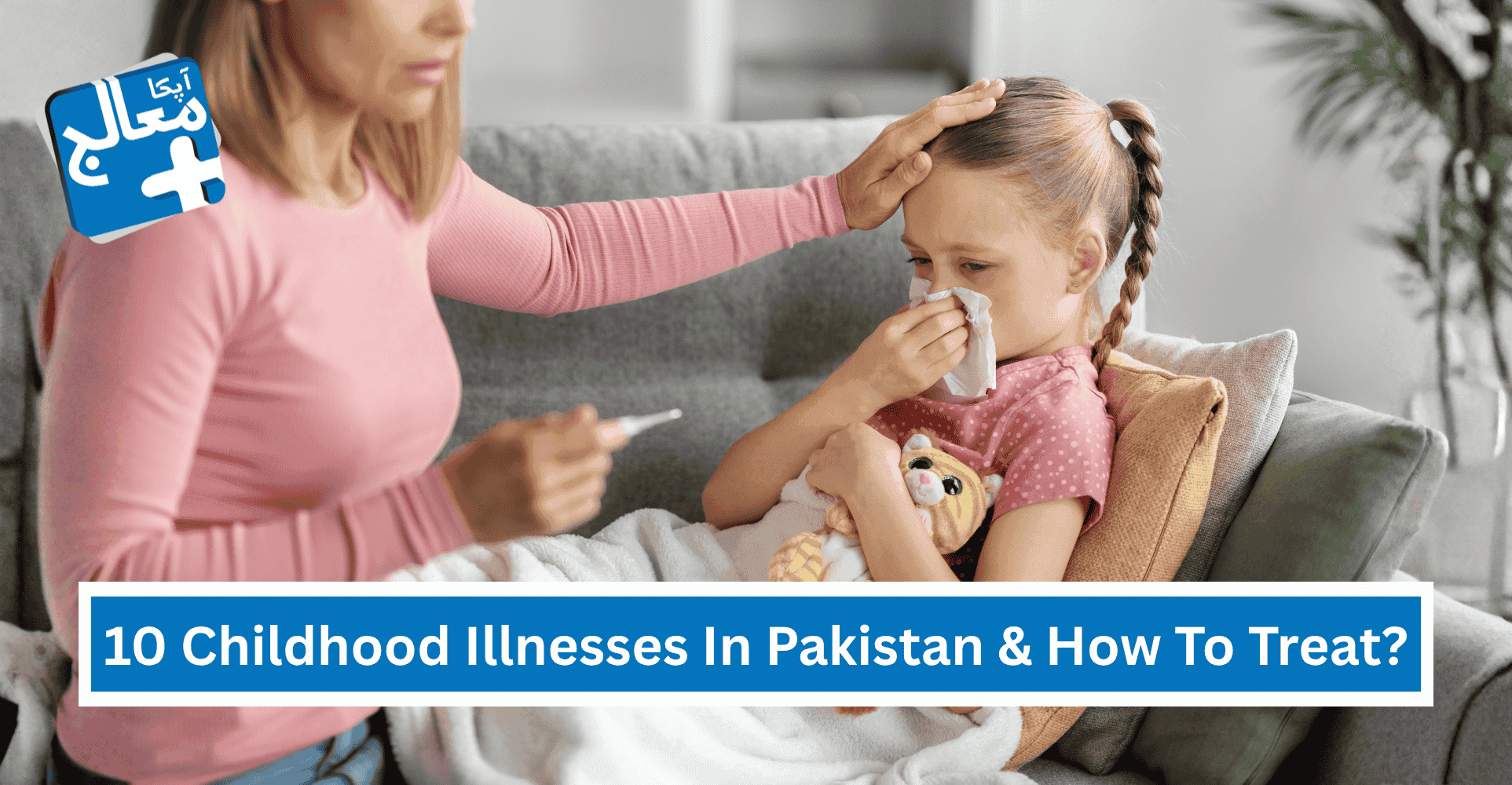
As a parent, it’s crucial to recognize the signs of common childhood diseases and know how to treat them effectively. In Pakistan, various factors such as climate, hygiene, and nutrition contribute to the prevalence of certain diseases among children. This guide aims to help parents identify and manage the top 10 common childhood diseases in Pakistan.
Also read: "7 Common Monsoon Diseases In Pakistan – Causes, Symptoms & Prevention Tips"
Top 10 Common Childhood Illnesses in Pakistan 2025
1. Diarrhea

Symptoms:
-
Frequent loose or watery stools
-
Dehydration
-
Abdominal cramps
Treatment:
-
Ensure the child stays hydrated with oral rehydration solutions (ORS) and clean water.
-
Maintain good hygiene to prevent further infection.
-
Consult a doctor if symptoms persist or worsen.
2. Respiratory Infections (e.g., Pneumonia)
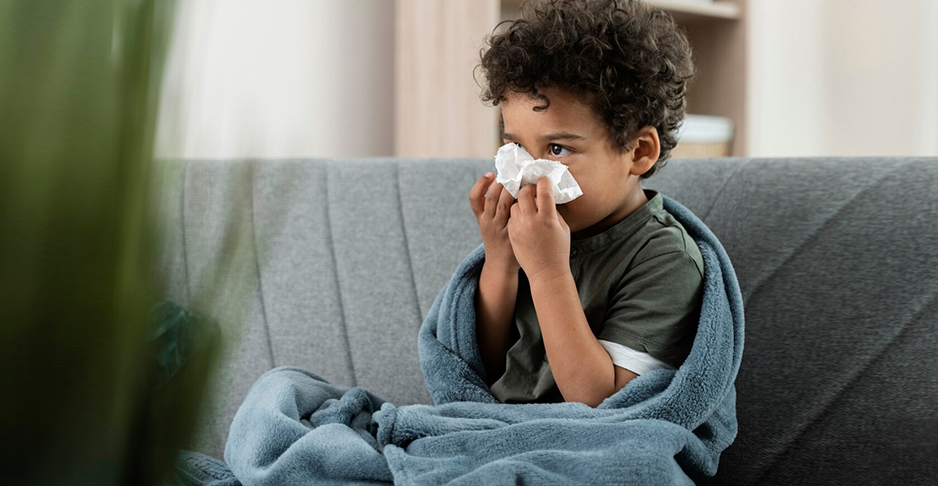
Symptoms:
-
Coughing
-
Wheezing, Difficulty breathing
-
Fever.
Treatment:
-
Keep the child hydrated and rested.
-
Use prescribed medications such as antibiotics for bacterial infections.
-
Seek medical attention if breathing difficulties are severe.
3. Malaria

Symptoms:
-
High fever
-
Chills
-
Sweating
-
Headache
-
Nausea
Treatment:
-
Administer antimalarial medications as prescribed by a healthcare provider.
-
Ensure the child sleeps under insecticide-treated bed nets.
-
Seek immediate medical help if symptoms appear after visiting malaria-prone areas.
4. Measles
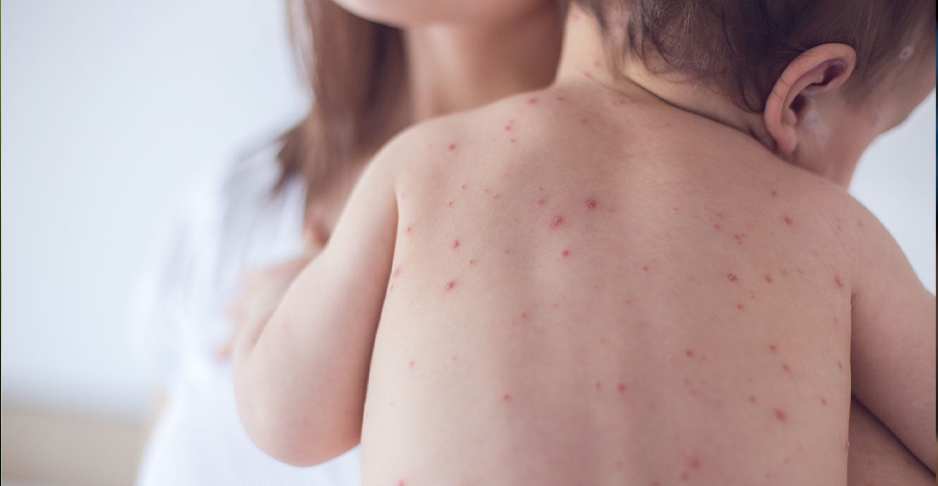
Symptoms:
-
High fever
-
Cough
-
Runny nose
-
Red eyes
-
Rash.
Treatment:
-
Ensure the child is vaccinated with the MMR (measles, mumps, rubella) vaccine.
-
Provide plenty of fluids and keep the child rested.
-
Consult a doctor for supportive care and to prevent complications.
5. Dengue Fever
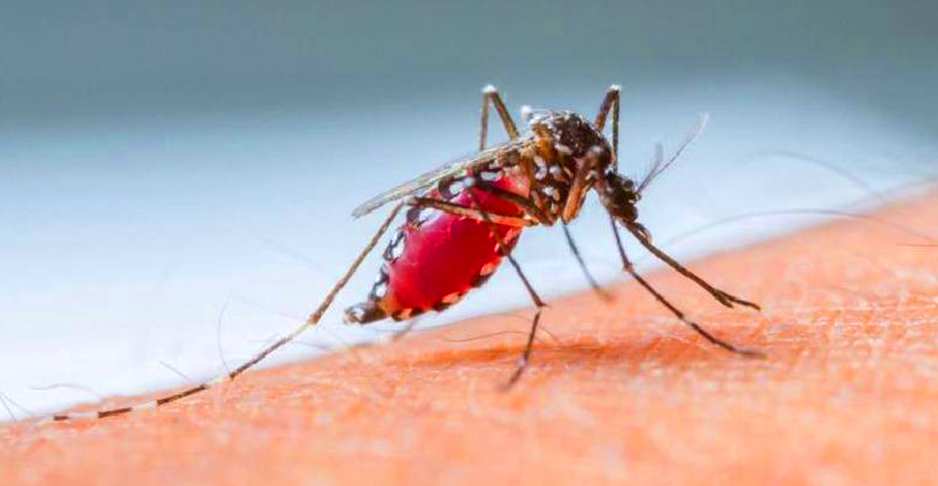
Symptoms:
-
High fever
-
Severe headache
-
Pain behind the eyes
-
Joint and muscle pain
-
Rash
Treatment:
-
Keep the child hydrated and rested.
-
Use paracetamol to reduce fever and pain (avoid aspirin).
-
Seek medical care to monitor for severe symptoms like bleeding or shock.
6. Chickenpox
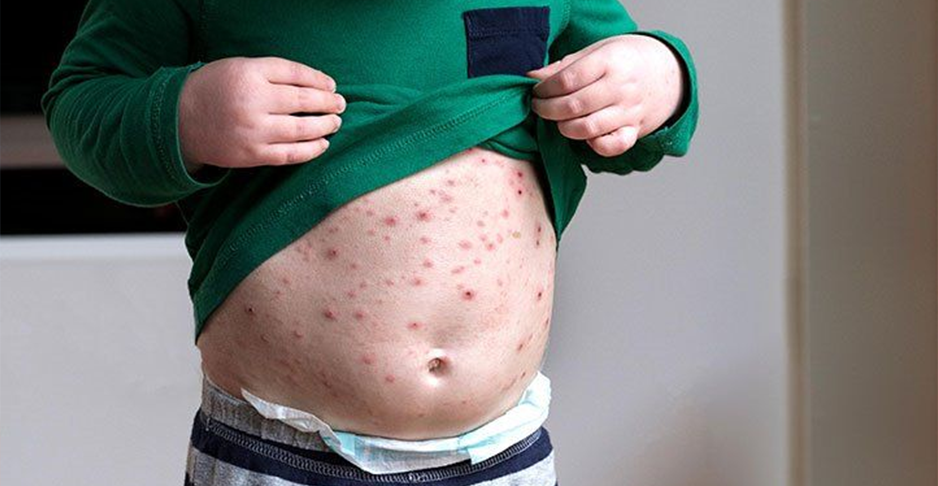
Symptoms:
-
Itchy red rash with blisters
-
Fever
-
Fatigue
Treatment:
-
Keep the child’s skin clean and dry.
-
Use calamine lotion and antihistamines to relieve itching.
-
Ensure the child is vaccinated to prevent future occurrences.
7. Ear Infections
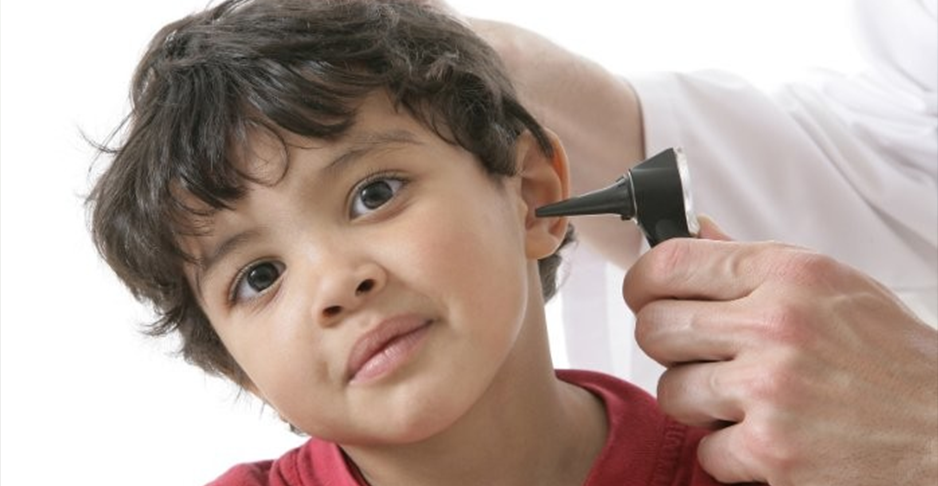
Symptoms:
-
Ear pain
-
Pulling at the ear
-
Difficulty hearing
-
Fluid discharge
Treatment:
-
Administer prescribed antibiotics if bacterial infection is suspected.
-
Use over-the-counter pain relievers for discomfort.
-
Consult a doctor if symptoms persist or worsen.
8. Tonsillitis

Symptoms:
-
Sore throat
-
Difficulty swallowing
-
Swollen tonsils
-
Fever
Treatment:
-
Provide warm fluids and soft foods.
-
Use pain relievers and throat lozenges to ease discomfort.
-
Consult a doctor for antibiotics if a bacterial infection is confirmed.
9. Hand, Foot, and Mouth Disease
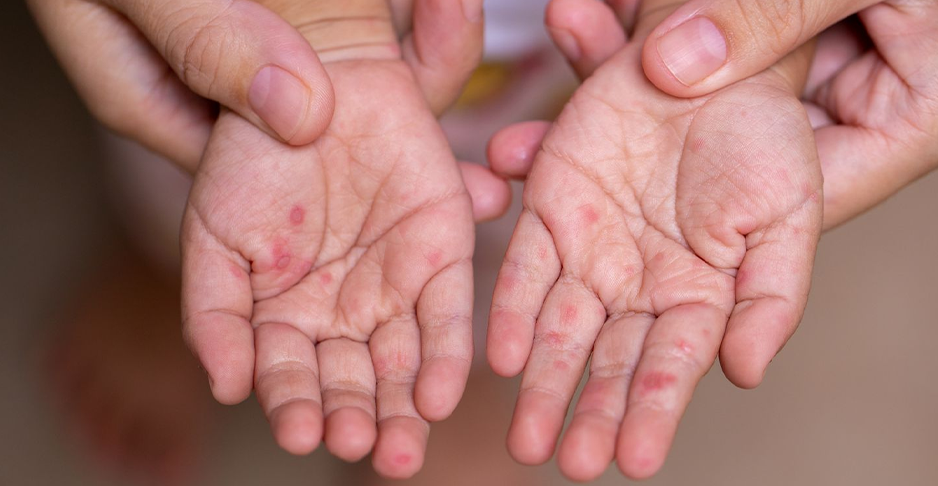
Symptoms:
-
Fever
-
Sores in the mouth
-
Rash on hands and feet
Treatment:
-
Ensure the child drinks plenty of fluids to stay hydrated.
-
Use pain relievers to manage fever and discomfort.
-
Maintain good hygiene to prevent the spread of the virus.
10. Whooping Cough (Pertussis)
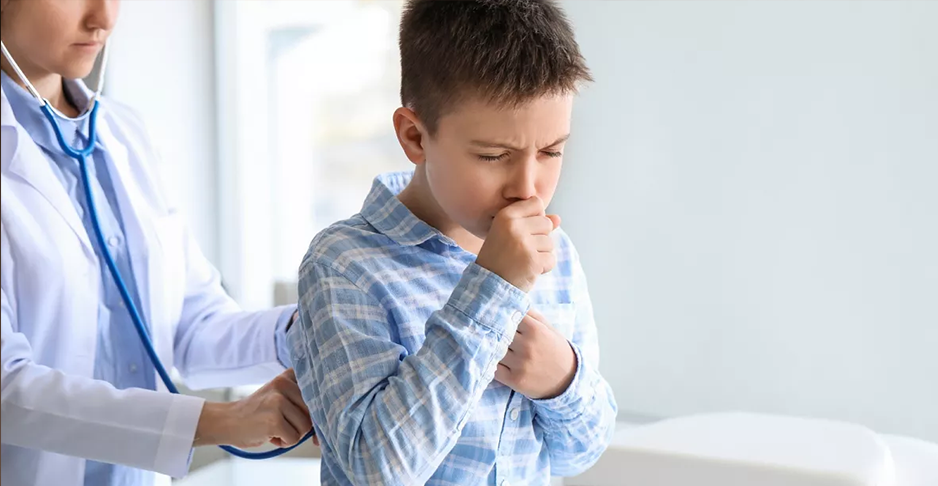
Symptoms:
-
Severe coughing fits
-
“Whooping” sound during inhalation
-
Vomiting after coughing
Treatment:
-
Ensure the child is vaccinated with the DTaP vaccine.
-
Administer prescribed antibiotics and keep the child hydrated.
-
Seek medical attention for severe coughing fits.
Discover our latest articles and insights about child health
In the End:
Recognizing and treating common childhood illnesses promptly can prevent complications and ensure your child’s health and well-being. Always consult with a healthcare provider for an accurate diagnosis and appropriate treatment. By staying informed and prepared, you can effectively manage these common health challenges and keep your child healthy and happy.
If you want to learn more about diseases and conditions in children, you can consult the best internal medicine specialist or pediatrician near you by visiting Apka Muaalij. For quick advice or to book an appointment, call 0423-2377001 and connect with a certified doctor through Apka Muaalij, Pakistan’s trusted telehealth platform.
Frequently Asked Questions (FAQs)
What are the most common childhood illnesses in Pakistan?
The most common illnesses include diarrhea, respiratory infections, malaria, measles, dengue, chickenpox, ear infections, tonsillitis, hand-foot-and-mouth disease, and whooping cough.
How can parents prevent common childhood diseases?
Ensure timely vaccinations, maintain hygiene, provide clean drinking water, balanced nutrition, and use mosquito repellents or nets where needed.
When should I take my child to the doctor?
If symptoms like high fever, breathing difficulty, dehydration, or persistent coughing appear, consult a doctor immediately.
How important are vaccinations for children?
Vaccinations are crucial for preventing serious infectious diseases, such as measles, polio, whooping cough, and chickenpox.
What should I do if my child has diarrhea?
Give oral rehydration solution (ORS), keep the child hydrated, and consult a doctor if symptoms persist or worsen.
Can dengue and malaria affect children severely?
Yes, both can be dangerous if untreated. Early diagnosis, hydration, and proper medical care are essential.
How can I boost my child’s immunity naturally?
Offer a balanced diet with fruits, vegetables, proteins, and adequate sleep, and encourage regular physical activity.
Are antibiotics safe for children?
Only when prescribed by a qualified doctor. Unnecessary use can lead to resistance or side effects.
How do I recognize measles or chickenpox?
Measles causes high fever, cough, and red rash, while chickenpox shows itchy blisters with mild fever and fatigue.
What are the best preventive tips for parents?
Keep vaccinations up to date, maintain hygiene, ensure clean food and water, and seek prompt medical help when your child shows signs of illness.

Dr. Muhammad Usama, RPh
Dr. Muhammad Usama, RPh, is a Senior SEO Content Writer with 6 years of experience, primarily contributing to healthcare and wellness. He crafts engaging, research-driven, and SEO-optimized blogs that simplify complex concepts for readers. Through his unique blend of expertise in content creation, SEO copywriting, and marketing, Dr. Usama is dedicated to producing impactful content that raises awareness, promotes wellness, and supports patient-centered initiatives.